There is a page in the history of the Bulgarian National Revival era which expresses very succinctly the desire of Bulgarians for economic and spiritual prosperity. It might come as a surprise but the industrialization of Bulgaria began long before the liberation of the country from Turkish yoke. The beginning of an industrial Bulgaria is associated with the name of Dobry Zhelyazkov, a weaver and entrepreneur from the city of Sliven, who back in the 1830s founded the first textile factory in the Balkan Peninsula.
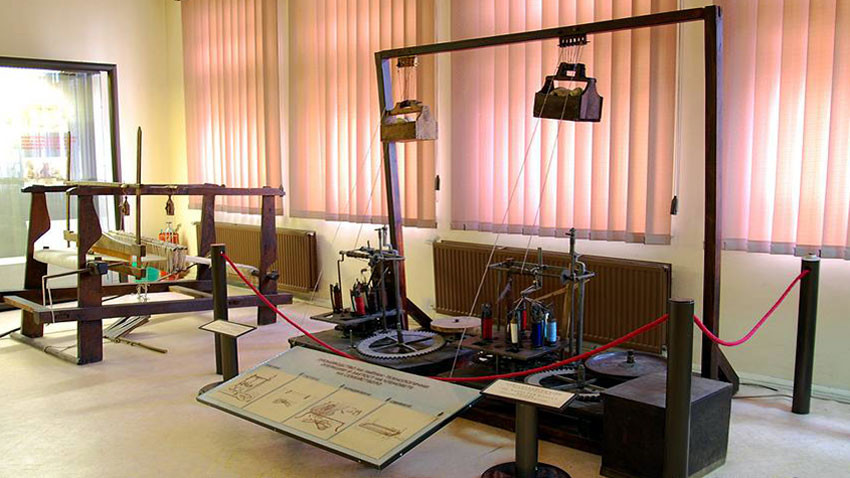
Dobry Zhelyazkovwas known for his permanent efforts to optimize the work process in his craft. He left for Russia as a merchant but used his time there to study in detail the textile manufacturing process. Though with difficulty, he succeeded in acquiring precise replicas of the machines. When he was back to native Sliven he turned his house into a workshop and immediately started practicing what he had learned. Thanks to the mechanization of most of the processes his work improved and the news that a Bulgarian man had started to weave fabrics of European quality quickly reached Sultan Mahmud II. The sultan even issued a decree in 1836 making legal the first Bulgarian factory. So Dobry Zhelyazkov has gone down in history with the nickname the Factory-man.
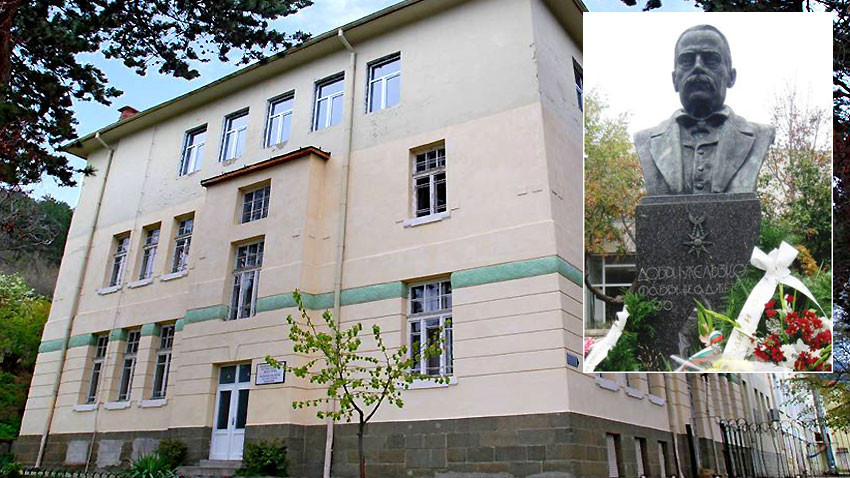
These are all important events in the history of the city of Sliven. They have been narrated in detail with documents and facts at the National Museum of the Textile Industry. This museum is unique for Bulgaria displaying samples of the earliest weaving looms known to man.

This is a point where science and art meet and one of the most remarkable items is a machine invented by Georgy Mitov in 1977 and aimed to make the sophisticated boucle yarn which is used across the world today.
A fresh occasion to visit the museum in Sliven on 28 September is the European Researchers’ Night. The museum is open till 10 p.m. and presents local samples of the cultural heritage. “The museum is now 32 years old. It is part of the National Polytechnical Museum in Sofia and seeks to present textile equipment dynamically, via demonstrations to visitors and with their involvement,” explains Tony Dimitrova, curator at the National Museum of the Textile Industry in Sliven:
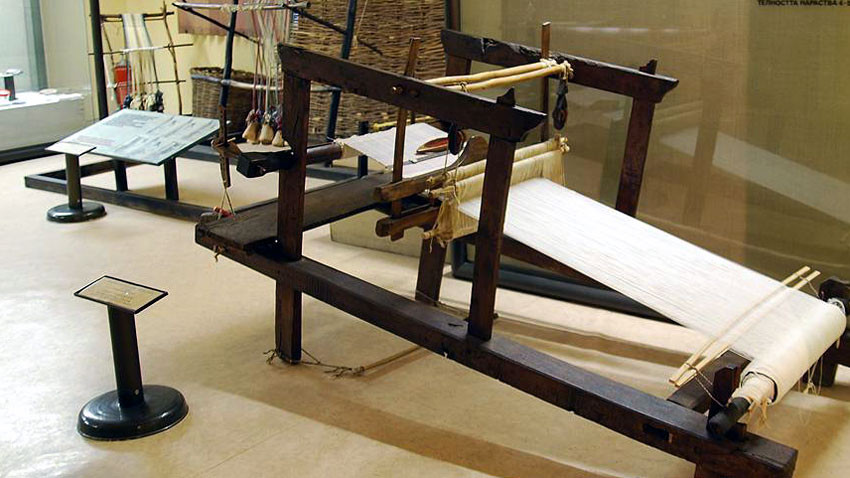
“The exhibition presents the Bulgarian contribution into this kind of technology. One of the samples for demonstrations is the Yantra weaving loom, a Bulgarian invention. T
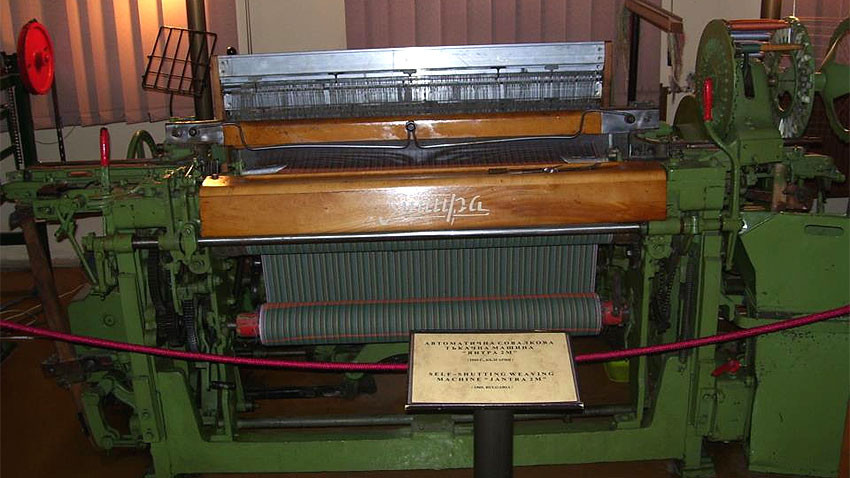
he other Bulgarian invention is the machine manufacturing the famous boucle yarn patented by inventor Georgy Mitov. Mitov’s machines including the laboratory sample are found in our museum. In this way textiles have become an integral part of the history and development of Sliven. Here almost every other family has had a member linked to textiles. There are many graduates of the Textile School, the first vocational school in Bulgaria. Heirs of the big textile families who became famous across the country live in Sliven even today. Textile continues to be an important part of Sliven’s present-day life. The city is the home of a few of the largest textile factories in Bulgaria, and of course, this becomes clear at the Museum of the Textile Industry.”
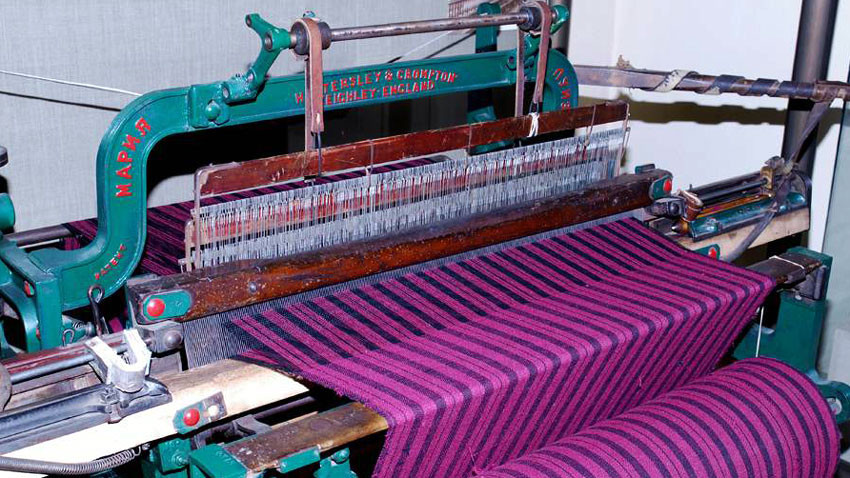
“The very fact that even at the time when Bulgarians did not have their own state, the residents of Sliven found ways to lay the beginnings of the industrialization of the country, makes Sliven people special. We define ourselves as people who have acumen for the new, look ahead into the future and can survive in any circumstances,” Tony Dimitrova says.
“We try to maintain the items in the museum alive and demonstrate how they can be used. Each of them has a long story behind it and its place in the past of the development of science and technology here. The way these big machines are presented – with so many components in motion, knitting threads in an incredible way, is a great attraction for visitors. This museum makes a difference – it is noisy, everything is moving and visitors catch their breath and watch with eyes wide open.”
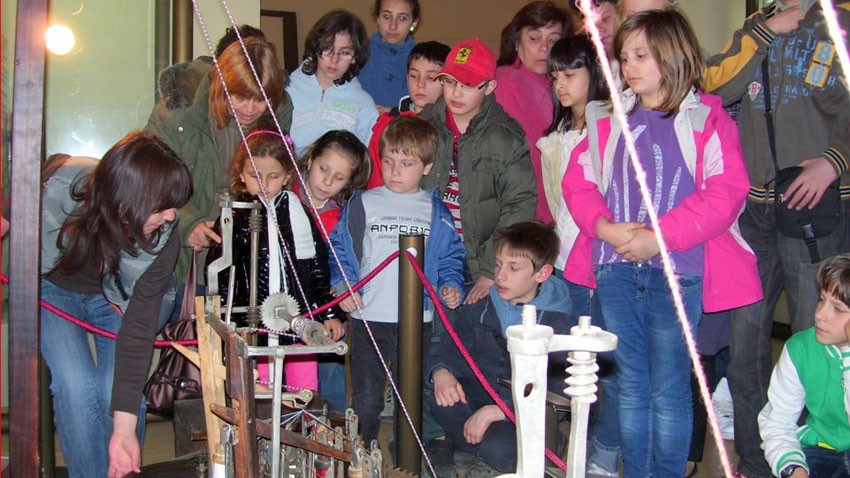
English Daniela Konstantinova
Photos: National Museum of the Textile Industry and bulgariatravel.orgIn a small village hidden in the heart of the Devetashko Plateau, life pulses with admirable energy. Karpachevo has become a symbol of how a community, united by a shared purpose, can defy demographic decline and breathe new life into a fading region...
The panoramic platform “The Peak,” a beloved spot among tourists in the Rhodope Mountains, has been renovated. On the initiative of the “Krepostta – Mogilitsa” Tourist Association, the facility - located at 1,351 meters above sea level - was repaired..
The National Tourism Board will create a cultural tourism calendar for the country, announced Martin Zahariev, Deputy Chairman of the Board, during the "Destination Bulgaria in Focus for 2026" conference, as reported by the Bulgarian News Agency (BTA)...

+359 2 9336 661
